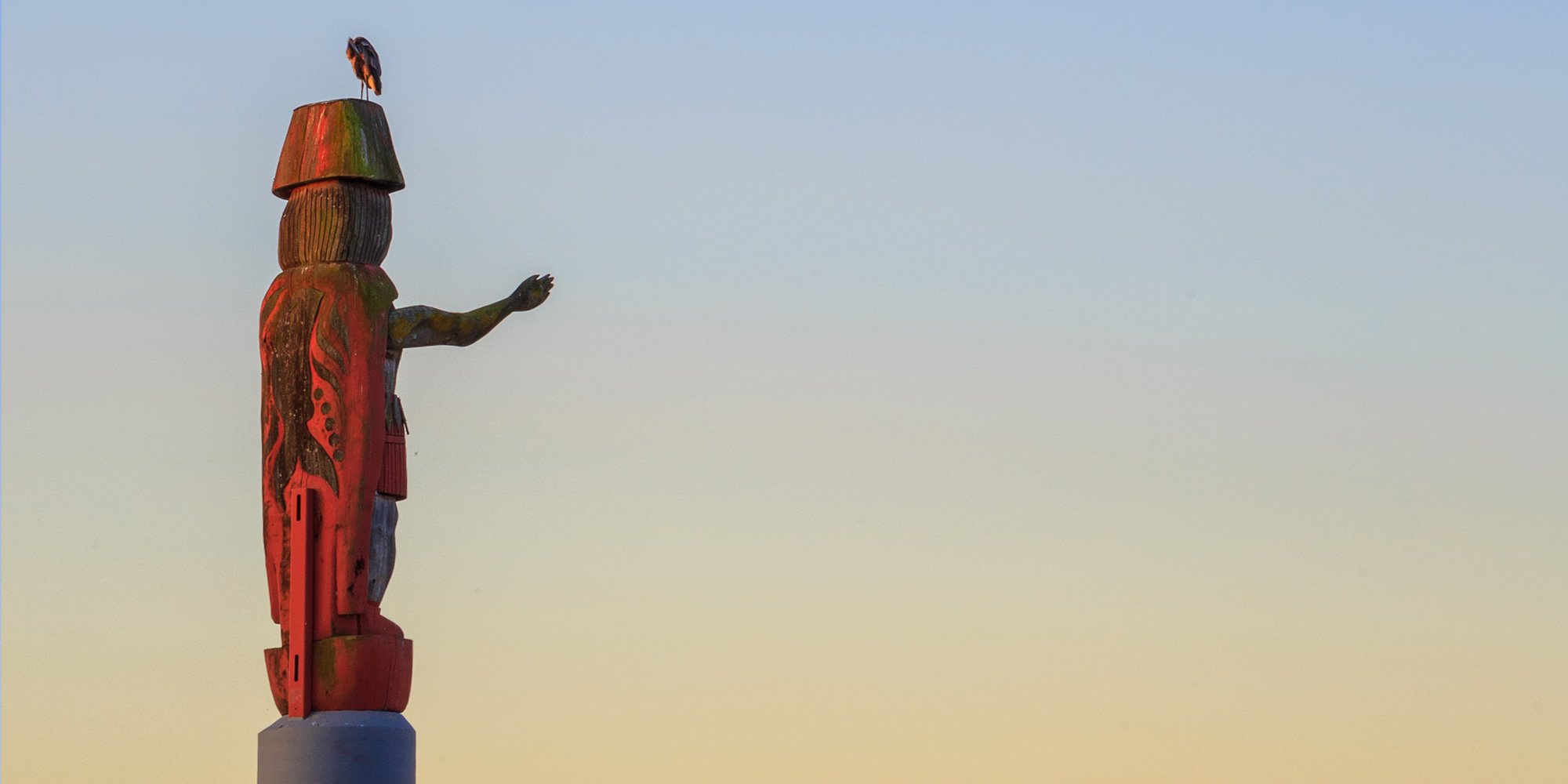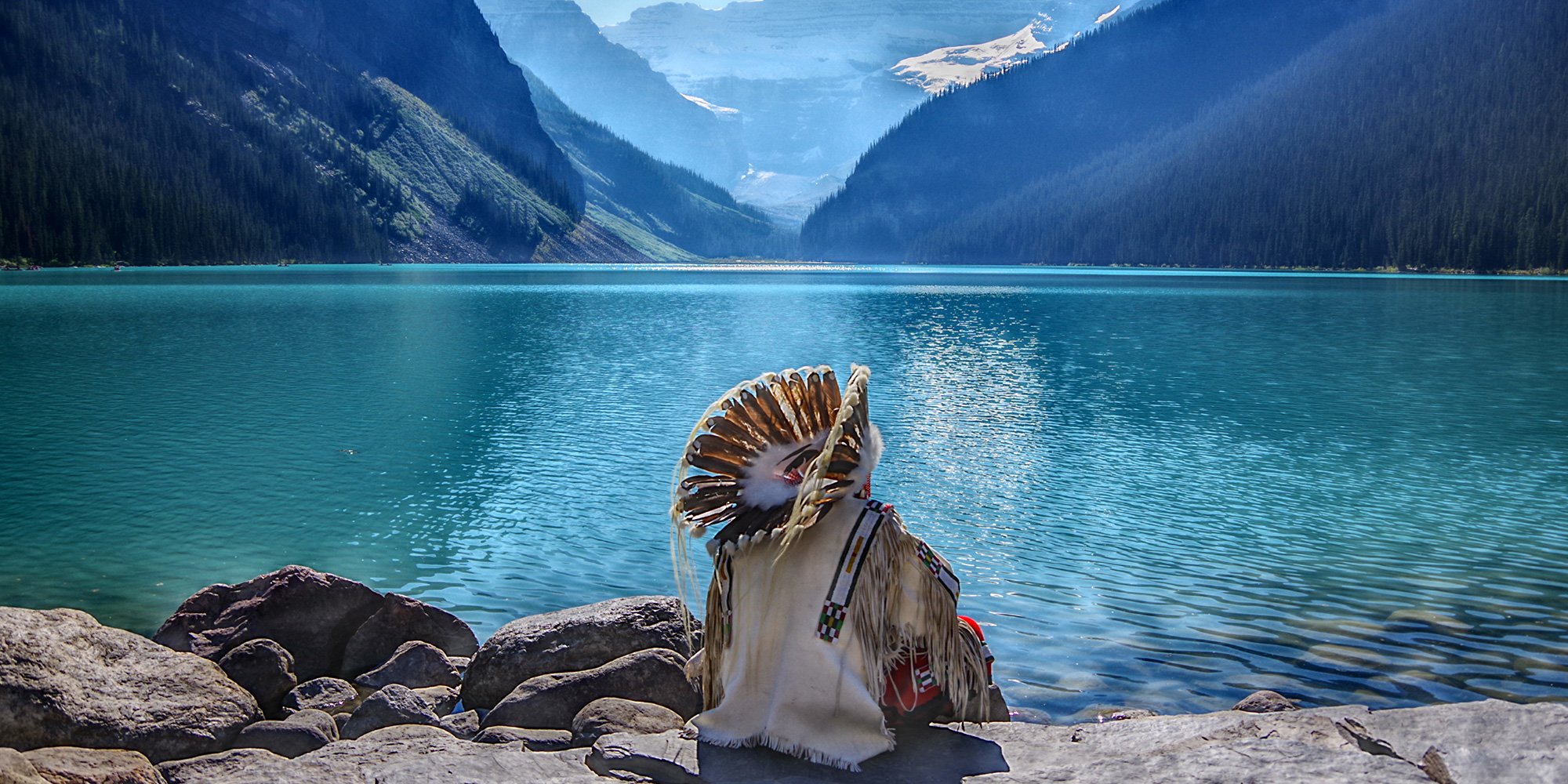What is the Definition of Indigenous Peoples?
We’ve talked about the constitutional implications of Indigenous or Aboriginal so now want to tackle the definition of Indigenous Peoples in Canada...

We received this timely question from an onsite client and newsletter subscriber:
The Manitoba Chiefs recently came out with a statement about the term Aboriginal, saying that they will not do business with organizations using the term. In addition, apparently, 42 Nations in Ontario have done the same thing. Obviously we as consultants do not want to offend or alienate any of our clients or potential clients. I know you use the term Aboriginal and was wondering if you had given any thought to using a different term. We are thinking that maybe the term “Indigenous” would be better. What do you think? Your thoughts, advice, and insights are appreciated.
I did some research and noticed on the website of the Union of Ontario Indians, that they have a department called “Aboriginal Human Resource Development”. The Mission Statement of the Assembly of Manitoba Chiefs includes "Promote, preserve, and protect Aboriginal and Treaty rights for First Nation people in Manitoba". The provincial government of Ontario is still using Aboriginal, ditto Manitoba.
My initial reaction to the question is one of the key messages I give in my workshops and training “Go with what they are calling themselves”. If you are working in Ontario or Manitoba, then I would recommend you not use Aboriginal. Check the website of the community you are working with to see what term they are using. Here is a quick video of my presentation at the Vancouver Board of Trade Aboriginal Opportunities Forum.
At the community level, if they use First Nation, as in Aamjiwnaang First Nation then go with that. Some communities use band as in Burns Lake Band while others use Nation as in Squamish Nation. Some use Indian as in the Osoyoos Indian Band. In Canada, there is a tendency to cringe when Indian is used as it has been used as a racial slur towards so many generations of First Nations. We can thank Christopher Columbus for that misnomer being introduced. But, it’s not about your comfort level - it’s about showing respect and using the term that they use.
If you are concerned, I suggest you design your print materials to avoid using the collective term altogether and instead use “First Nation, Indian, Metis and Inuit Peoples.” Aboriginal is a hard term to move away from as it is so ingrained in the language - think Aboriginal Peoples Television (APTN), Congress of Aboriginal Peoples (CAP), Aboriginal Affairs and Northern Development of Canada* (AANDC - which has changed its name a number of times in an effort to be current and acceptable - formerly known as Indian and Northern Affairs Canada and before that Indian Affairs).
How the federal government chooses to address the terminology issue has far-reaching implications. If the federal government switches to the term “Indigenous” in their communications about consultation then they will be held to a far higher standard of consultation - I’m talking about Free, Prior and Informed Consent. Not sure they are willing to go there so federal government employees have different considerations than say an industrial developer.
*Since this blog was written, the federal government in November 2015, under Prime Minister Justin Trudeau, did indeed make the change to Indigenous - Aboriginal Affairs and Northern Development is now Indigenous Affairs and Northern Development. The implications of the name change are discussed in Back to the Future: PM-designate Trudeau evokes the Royal Proclamation
This article was originally posted on October 27, 2014.
Featured photo: Unsplash

We’ve talked about the constitutional implications of Indigenous or Aboriginal so now want to tackle the definition of Indigenous Peoples in Canada...

Definition: Chief (n.) c. 1300, "head, leader, captain; the principal or most important part of anything;" from Old French chief "leader, ruler,...

When communicating cross-culturally there are certain sensitivities around the language used in the letter and expectations placed on the recipient...